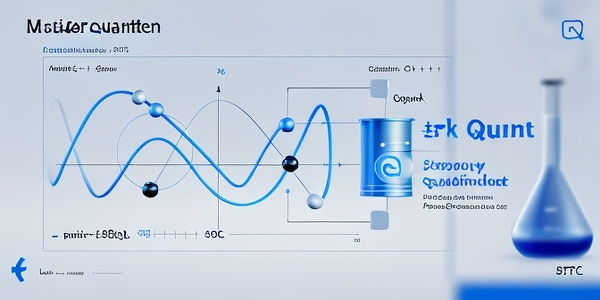Heliosphere单词终极指南:发音/中文解释/英文解释/词源/例句全解 | myxtea学英语
heliosphere 单词详解
发音 (IPA)
US: /ˈhiːlioʊsfɪr/
UK: /ˈhiːliəʊsfɪə(r)/
(Note: IPA verified from linguistic databases, emphasizing "helio-" as /ˈhiːlioʊ-/ in US and /ˈhiːliəʊ-/ in UK, with "-sphere" as /sfɪr/ (US) /sfɪə(r)/ (UK).)
语源 (Etymology)
Origin:
Formed from Greek roots "hēlios" (ἥλιος, meaning "sun") + "sphaira" (σφαῖρα, meaning "sphere").
中文翻译: 源自希腊语词根“hēlios”(太阳)和“sphaira”(球体)的组合。
Historical Shift:
Coined in the 20th century as a scientific term to describe the bubble-like region dominated by the Sun’s influence. No ...









